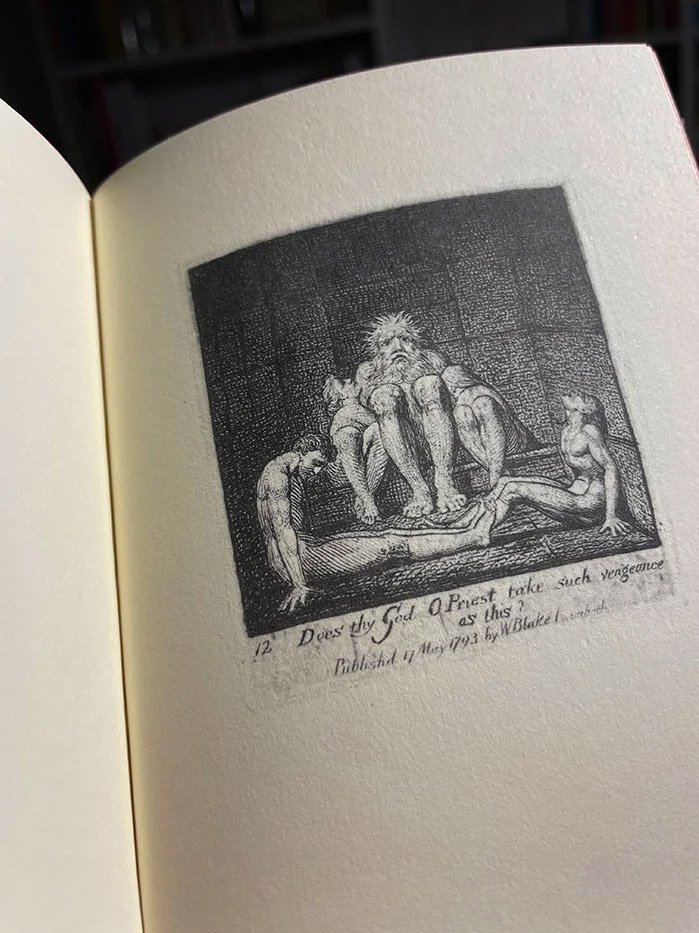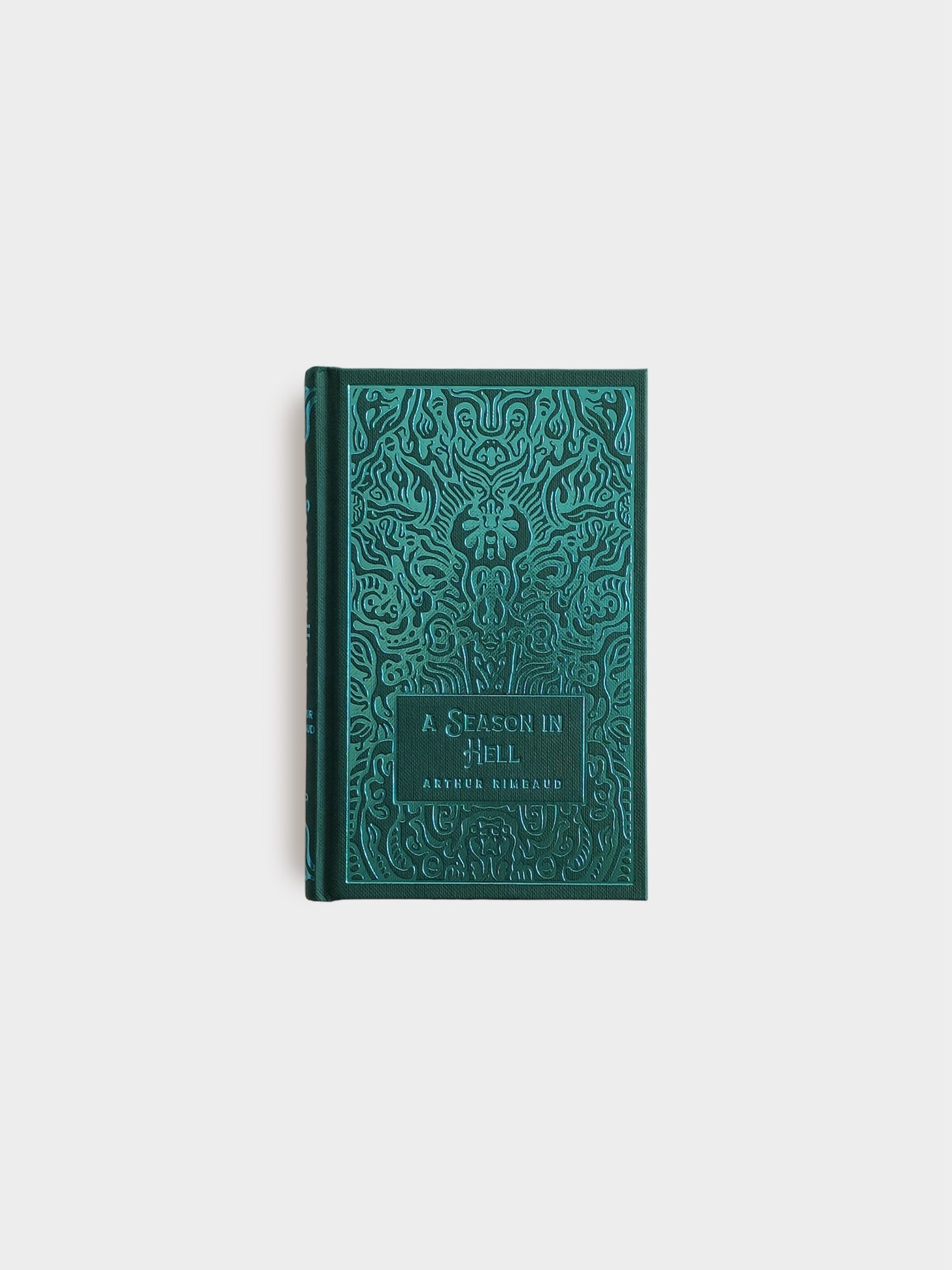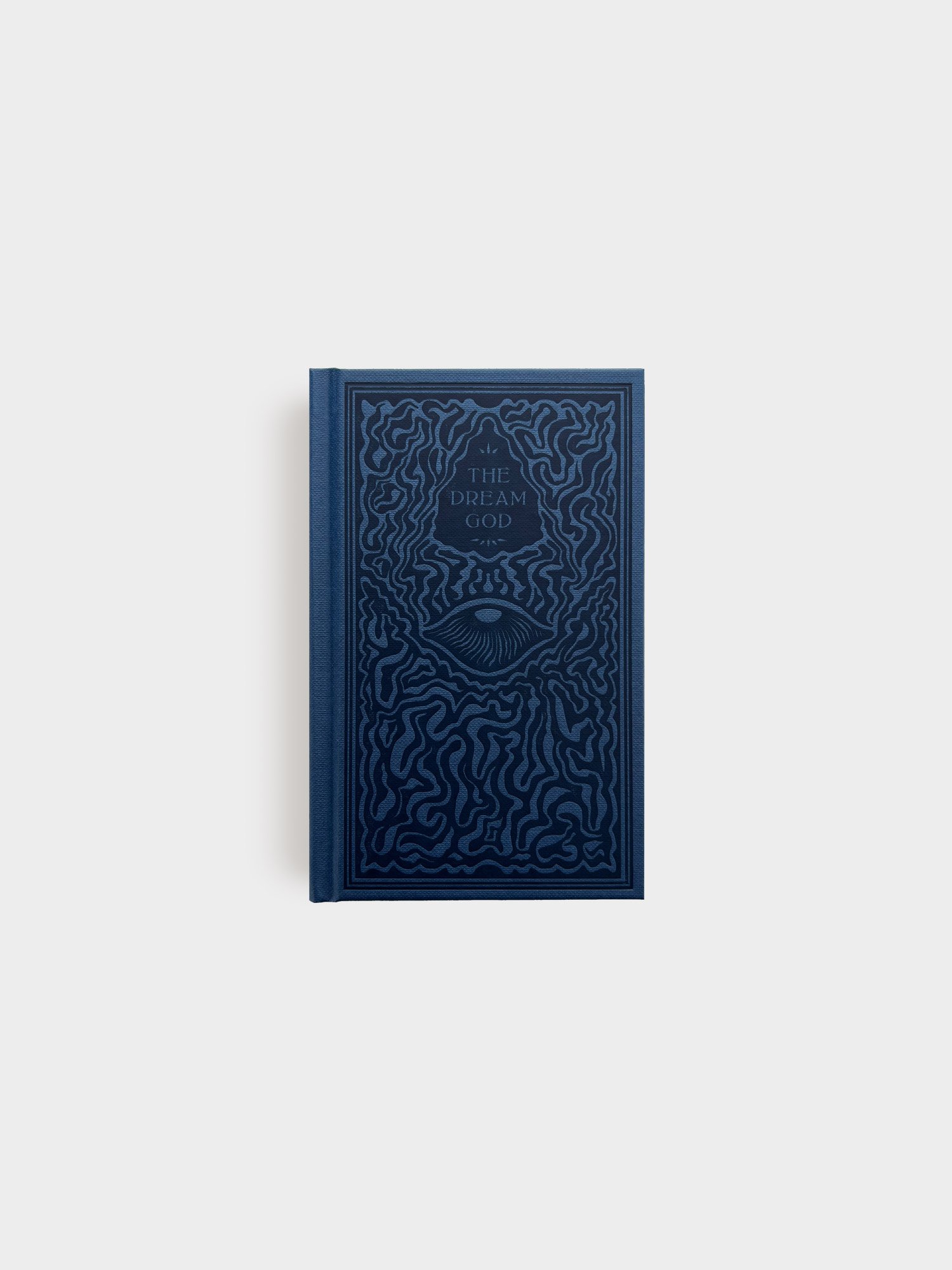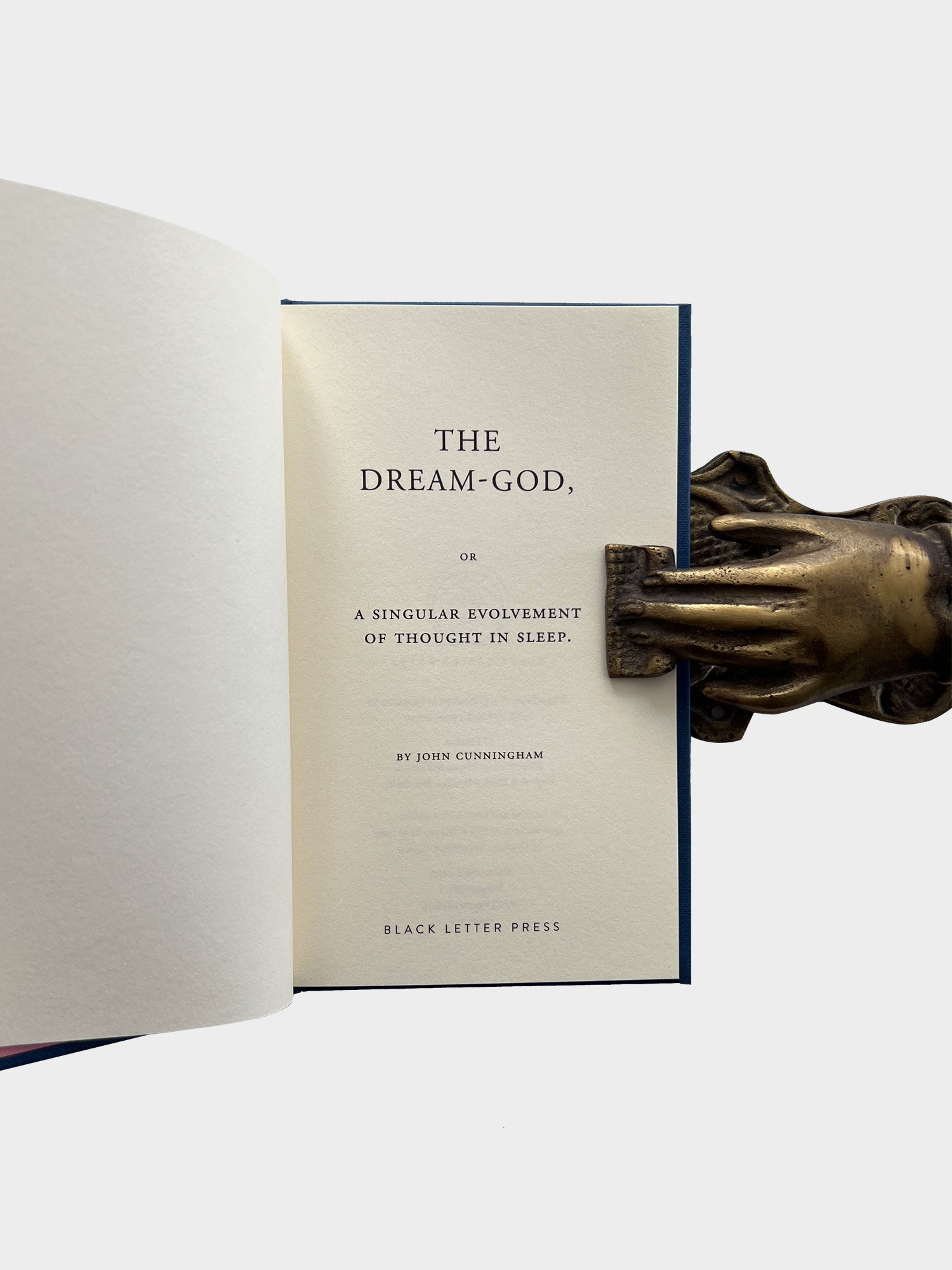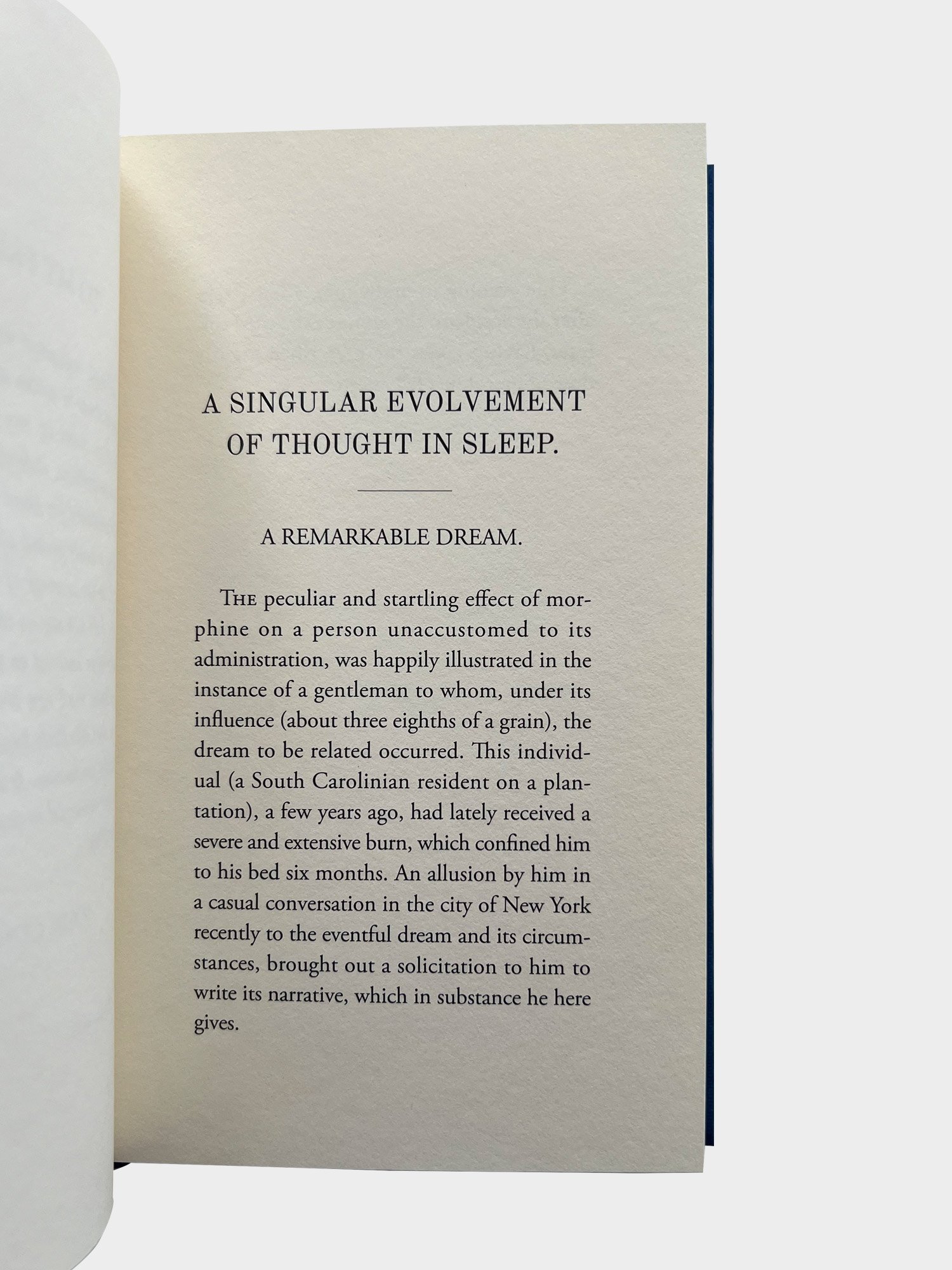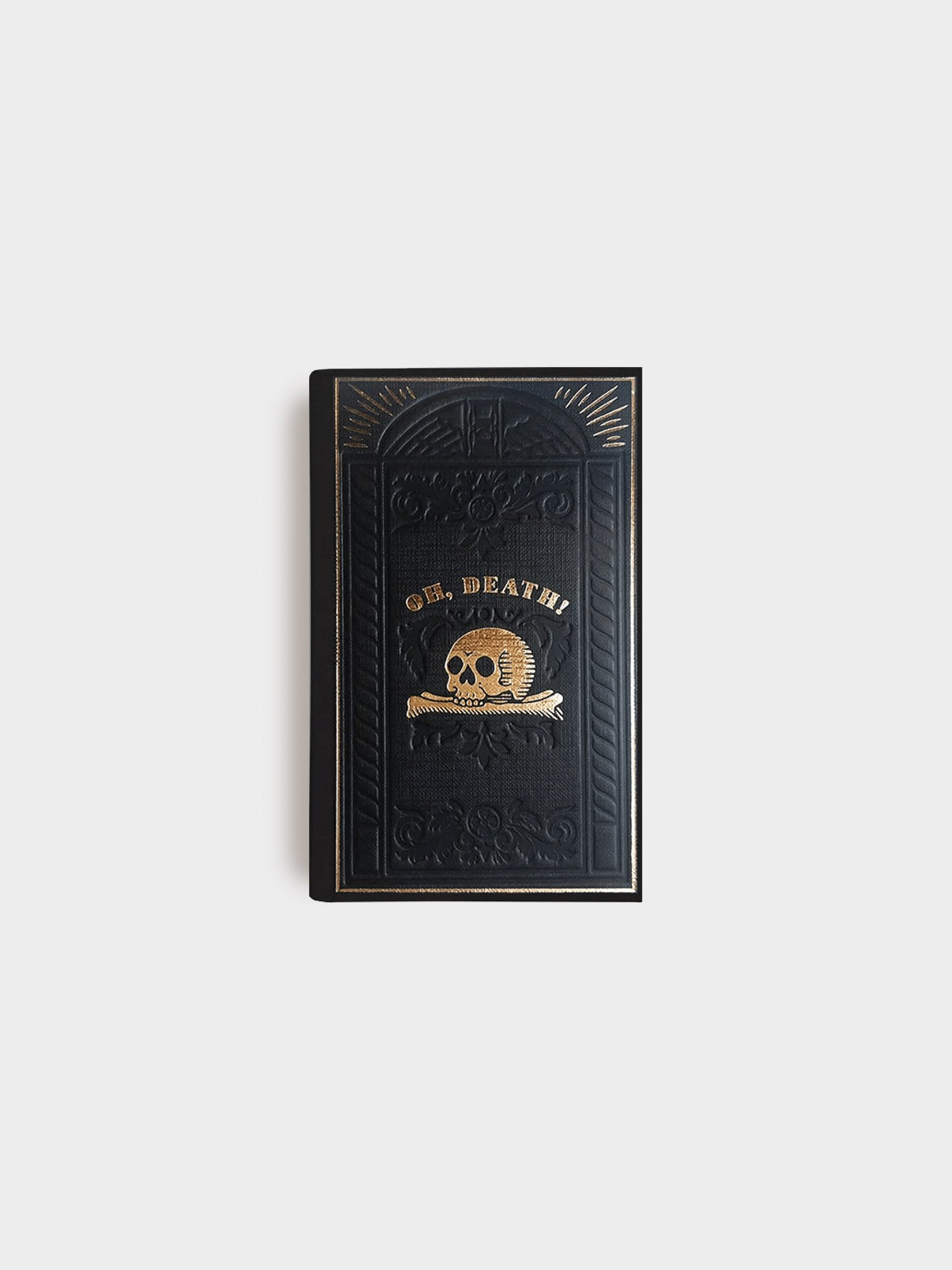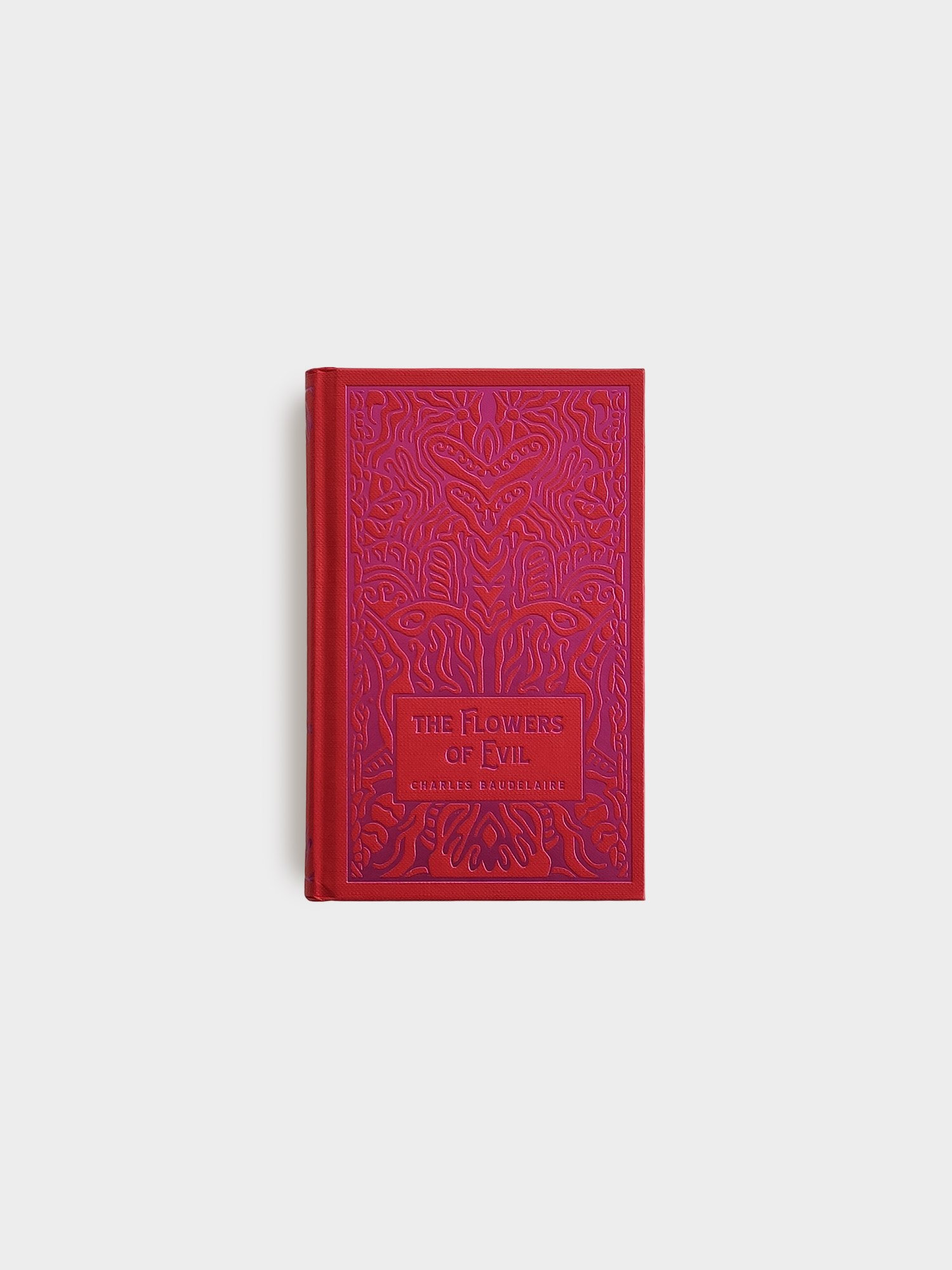-
Black Letter Press
Hardcover bound in green Assuan cloth, Measures 100x160 mm, Printed on 115 g wood-free, age resistant cream paper, Sewn book block, Red edge painting, Gilded on the front, back and spine, Green cloth bound Slipcase.
1st Edition
About the Publisher
Black Letter Press is a small independent publisher located close to Hannover in Northern Germany, founded by Alice and Claudio Rocchetti in 2018 in Turin, with the publication of Giambattista della Porta's Natural Magick.
BLP specializes in the revival of rare and antique books on a broad range of topics, including the sciences and history of science, poetry, occult philosophy, art, curious and unusual literature, and more.
Our mission is to do these historical texts justice, publishing books that are fine and beautiful, yet remaining affordable and accessible.
Description
In 1793 Blake produced eighteen small engravings, which he called For Children: The Gates of Paradise, a series of emblems drawn from the large number of designs in Blake’s Notebook. Blake arranged them according to the life of man from birth to death, and while these emblems have a great deal in common with children’s books of the time, they are in fact extremely complex in thought and allusion: a journey through water and earth, wind and fire; emerging as a child from the 'mundane shell', encountering women and reaching for the Moon of Love ('I want, I want'), and falling into Time's Ocean. After several more episodes, he finally arrives at the death's door with Job's words, 'I have said to the Worm: Thou art my mother and my sister'. There a female figure is 'Weaving to Dreams the Sexual strife, And Weeping over the Web of Life'.
In about 1818, Blake revised the original plates, giving the work the new title of For the Sexes: The Gates of Paradise. He re-engraved some, altered others, rewriting some of the legends and adding three plates of engraved text to the end (Plates 19-21). The final plate is addressed to Satan as the 'God of this [Fallen] World'.
Only five copies of this little book of emblems have survived, one of which was in Blake’s possession at his death.
It is this final edition we reproduce. As with all Black Letter Press publications, the design of this most mysterious book harkens to the Golden Age of book-cover design and is housed in a beautifully crafted cloth cover slipcase, emblazoned with a gilded Black Letter Press motif. The handwritten text for each emblem is reproduced on its facing page.








